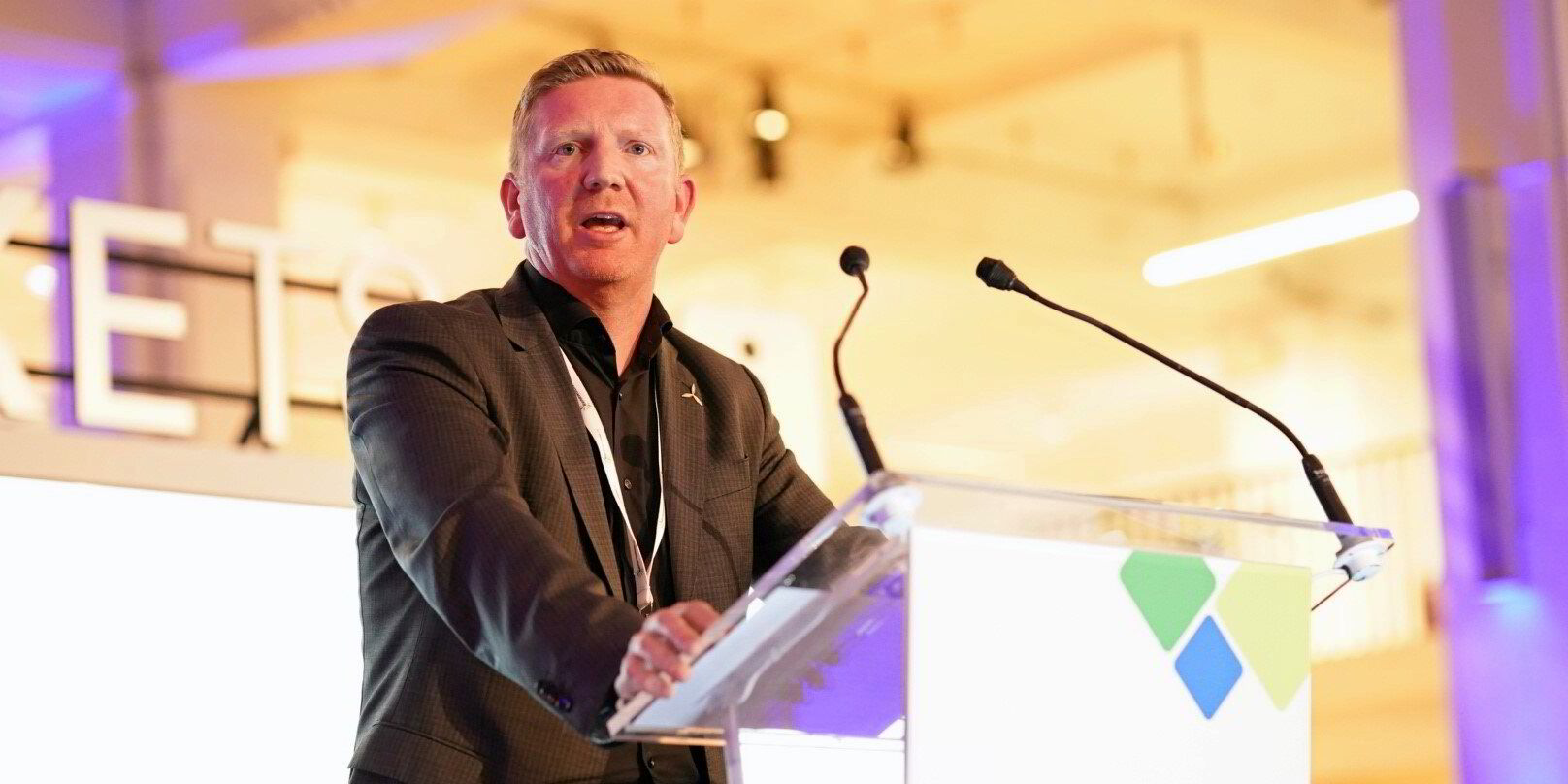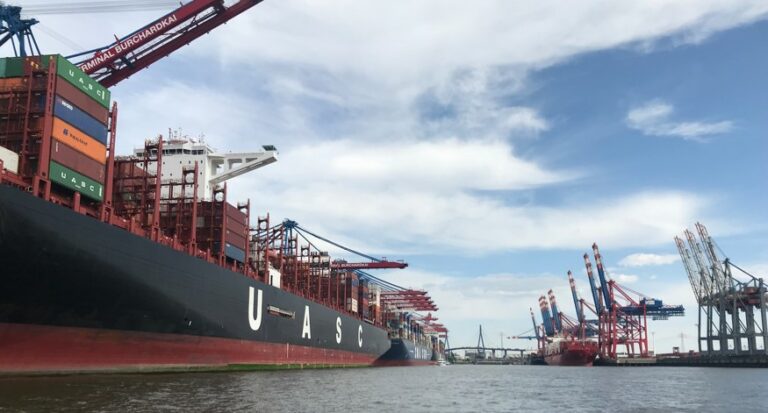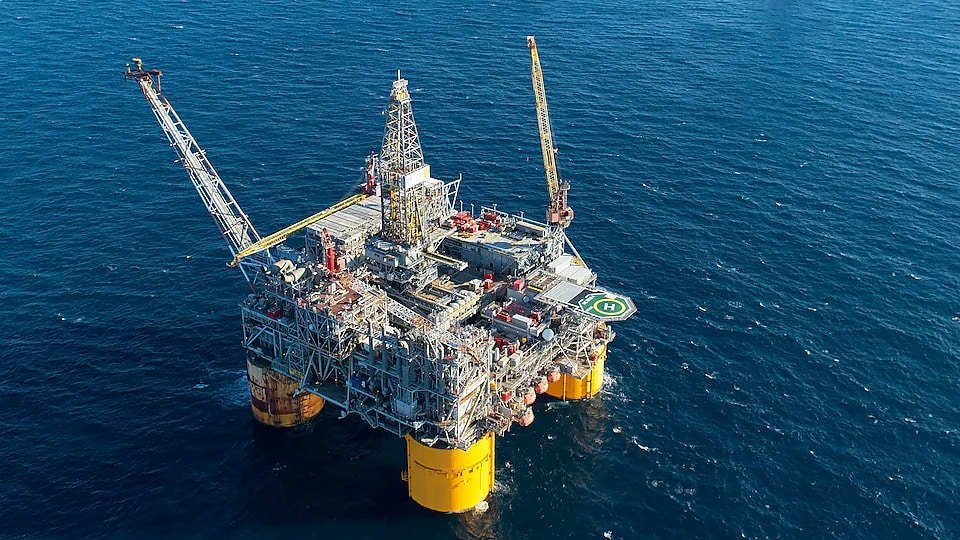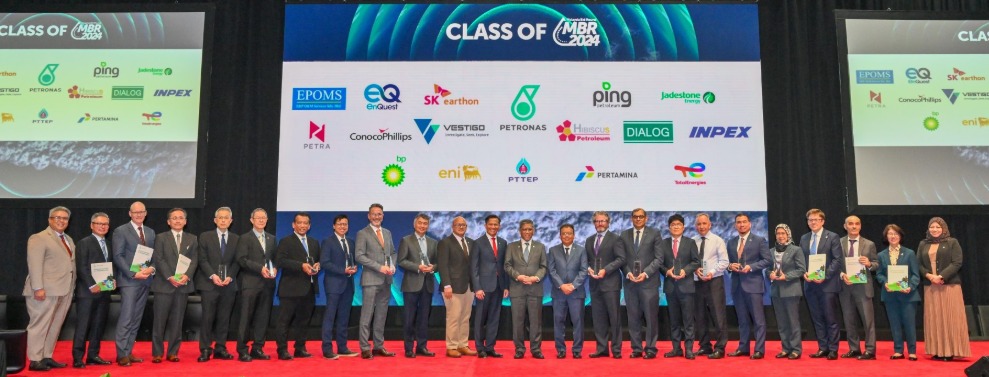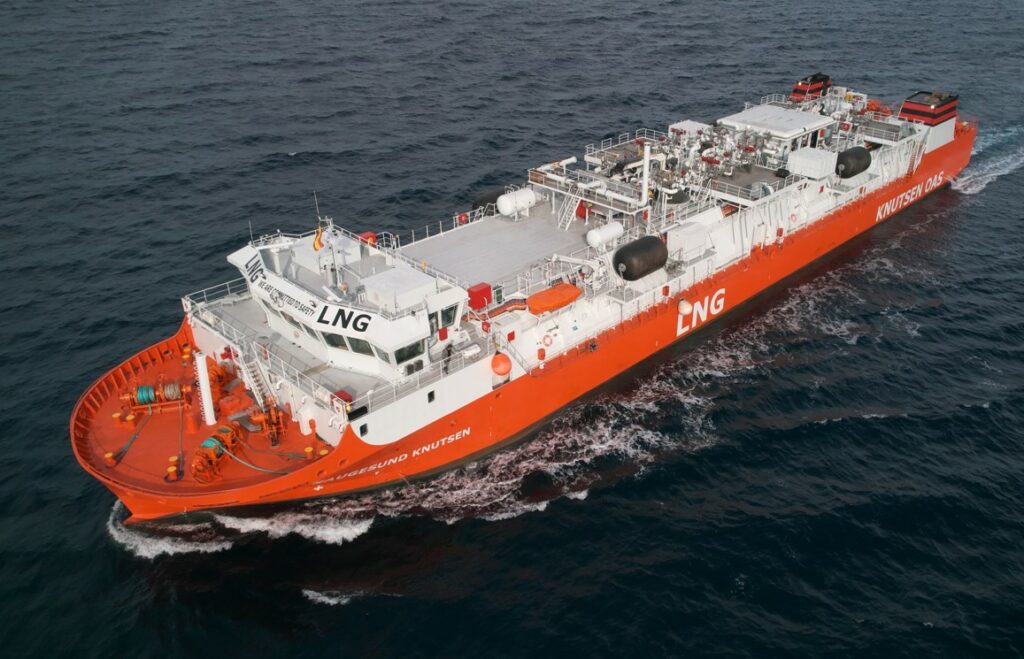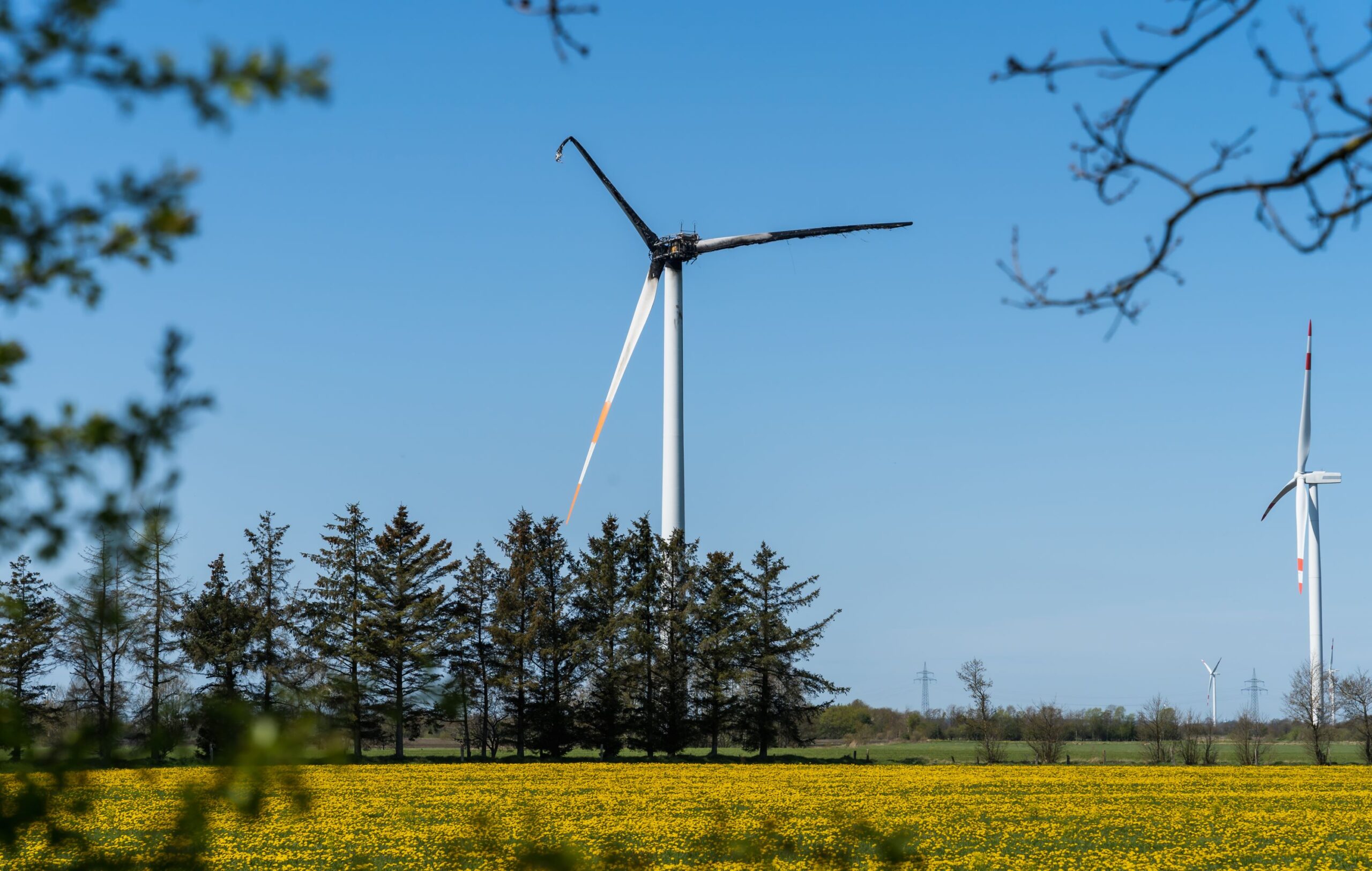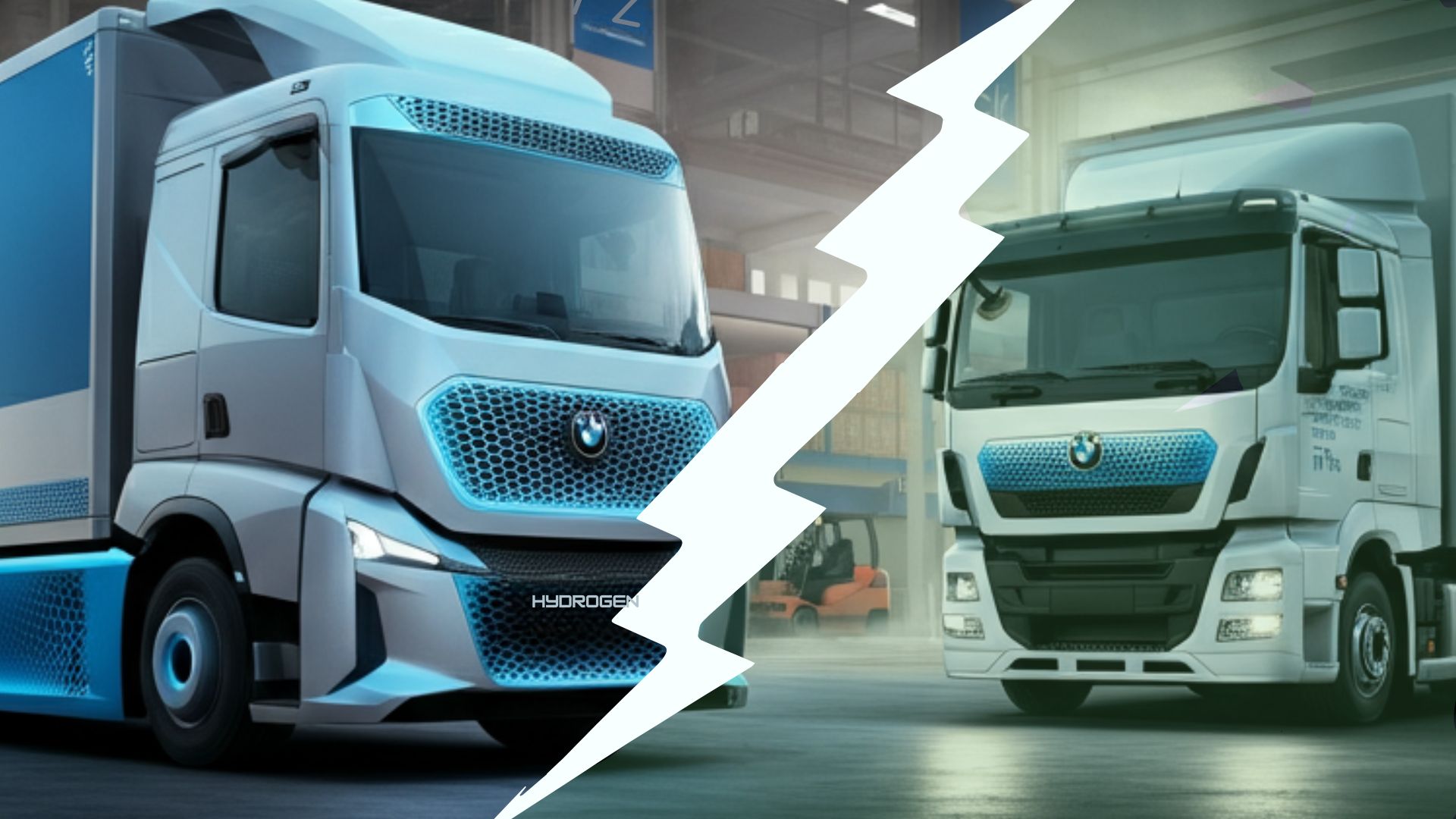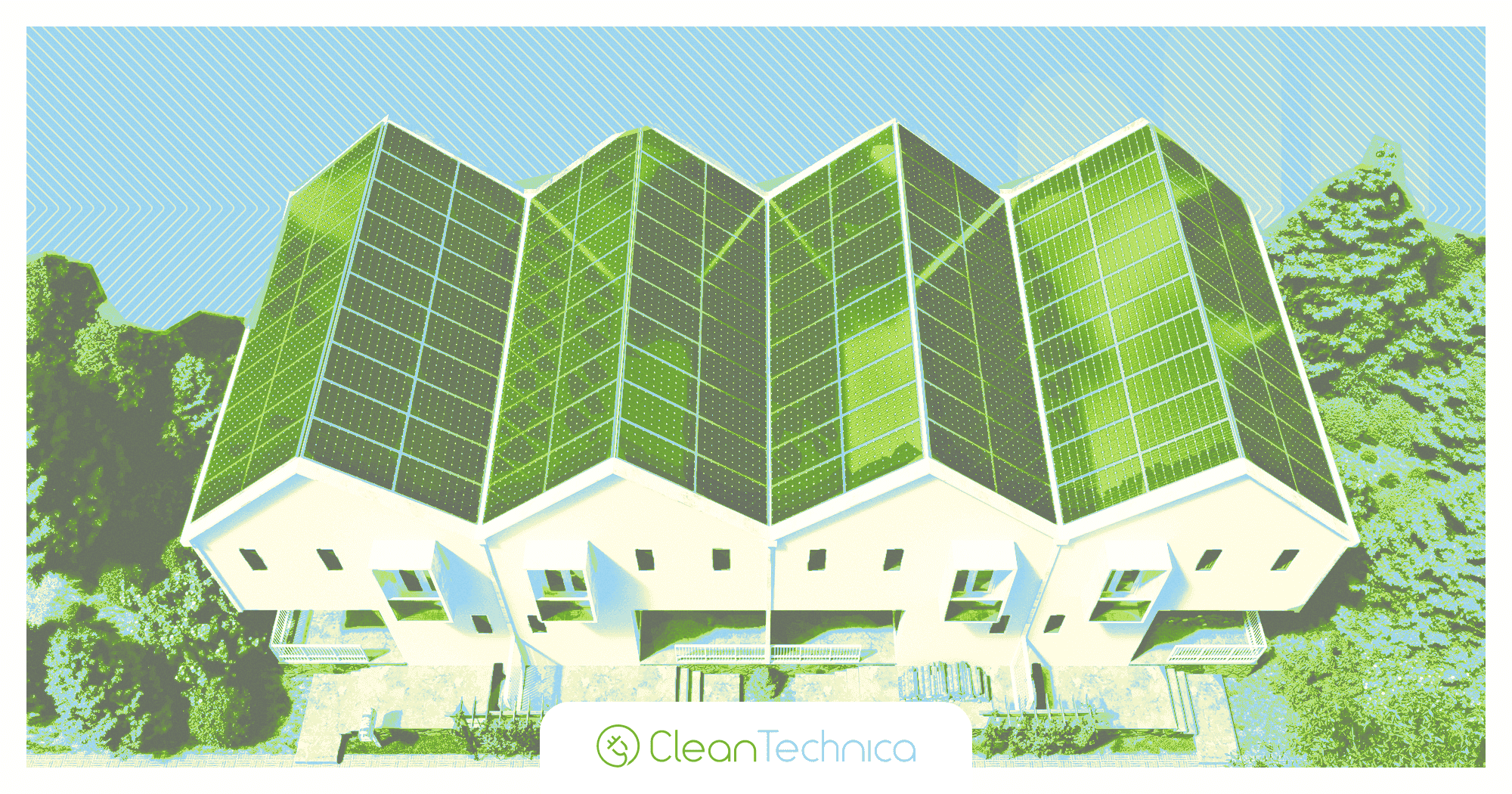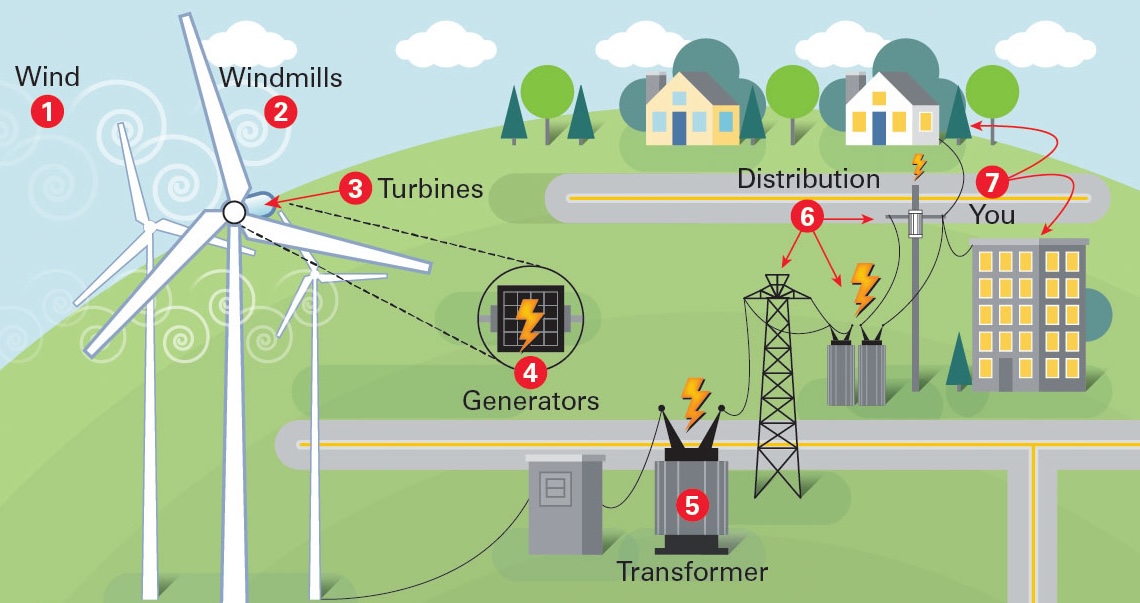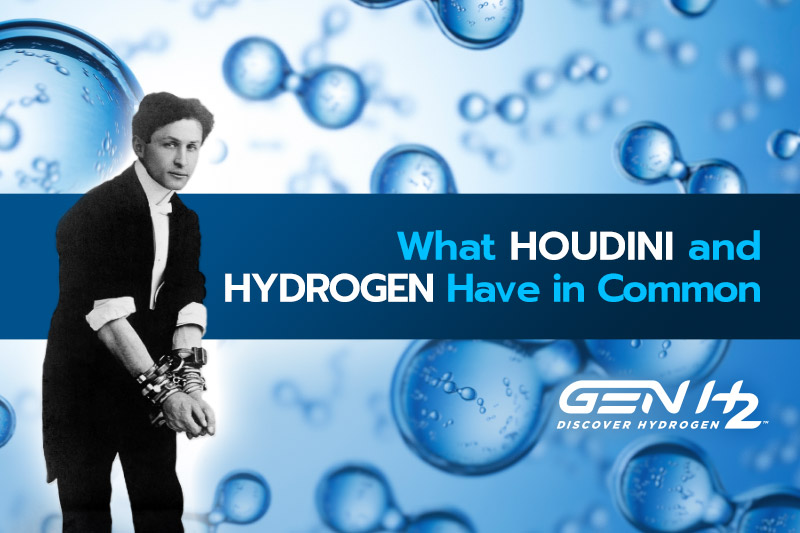Hydrogen Over Diesel? Why This Engine Tech Is Driving the Future of Heavy-Duty Vehicles
MAHLE Powertrain Advances Heavy-Duty Hydrogen Combustion Development MAHLE Powertrain has taken a significant step towards a greener future by entering…
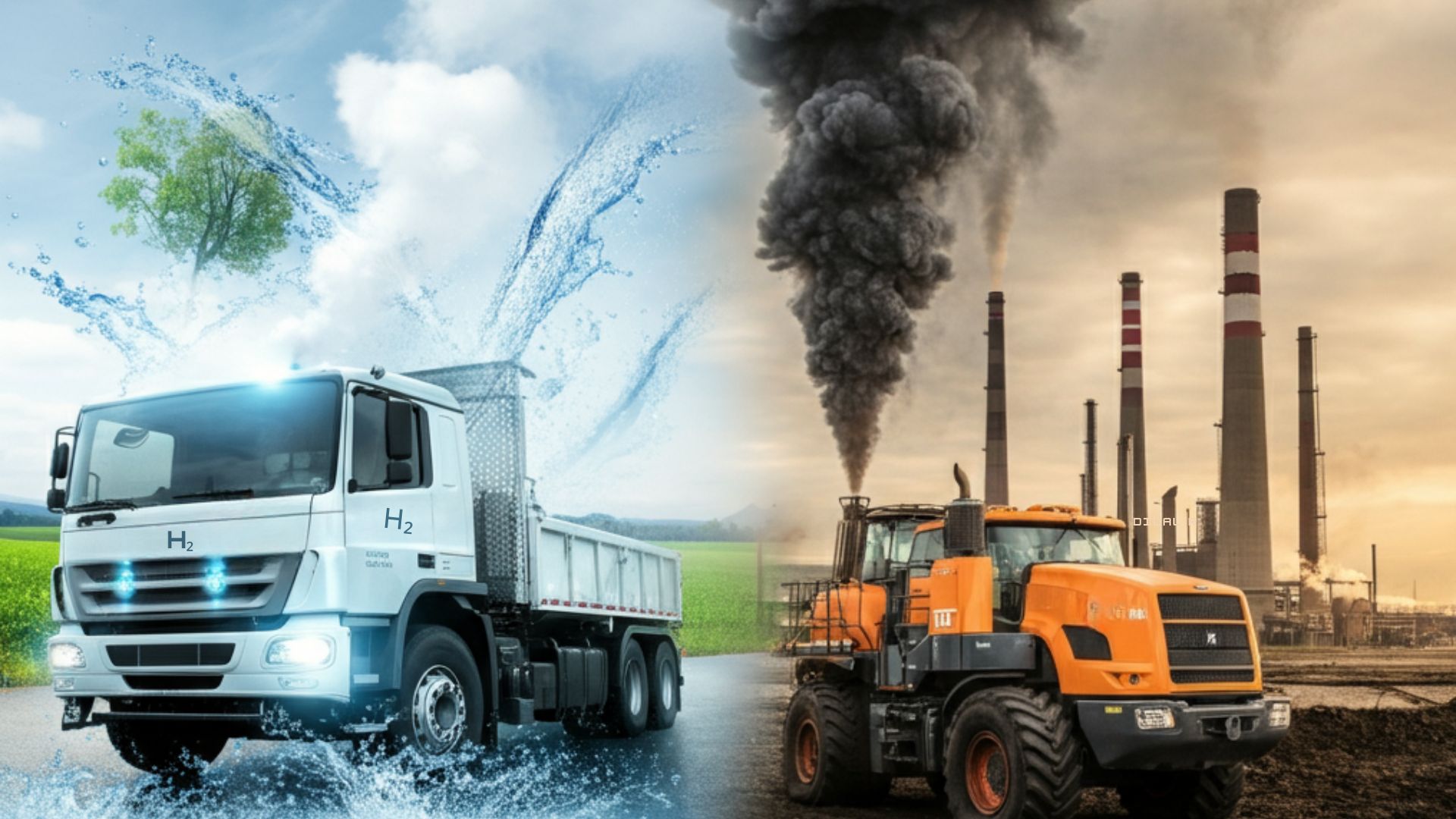
MAHLE Powertrain Advances Heavy-Duty Hydrogen Combustion Development
MAHLE Powertrain has taken a significant step towards a greener future by entering the testing and calibration phase of heavy-duty hydrogen combustion engines. With a focus on decarbonizing the haulage industry, the £9.8 million Project Cavendish, funded by the Advanced Propulsion Centre UK (APC), is set to unlock fast-to-market solutions that utilize existing infrastructure. Here’s a closer look at how this technology works, why it matters, and what it means for the road ahead.
How Hydrogen Combustion Technology Works
Hydrogen combustion engines, also known as H2-ICEs, are designed to replace traditional diesel engines used in heavy-duty vehicles. Unlike diesel, hydrogen combustion emits almost no harmful CO2 emissions during operation. Instead, it relies on burning hydrogen, which produces water vapor as its primary byproduct.
MAHLE Powertrain is leveraging its expertise in alternative fuels to refine this promising technology. Central to its approach is the development of advanced fuel-injection systems tailored to handle hydrogen’s distinct properties. Hydrogen, as a lightweight fuel, requires precise handling to ensure safe and efficient combustion. MAHLE’s advancements in turbocharging technology and monitoring systems are key to addressing these challenges.
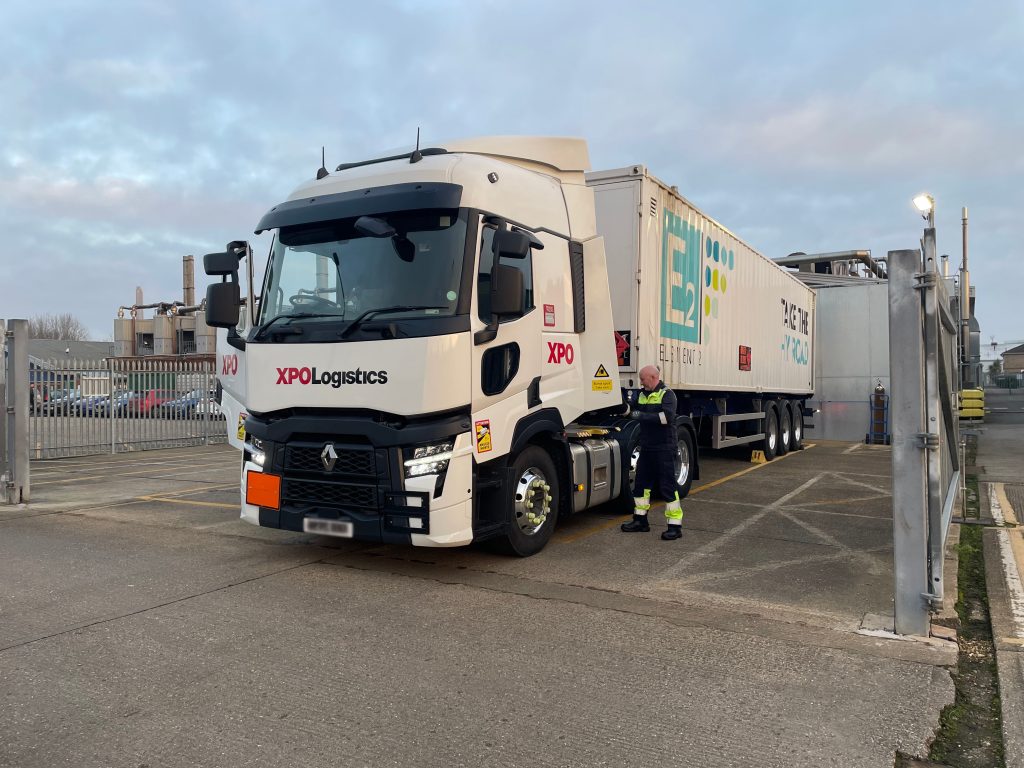
Element2 delivery – Image Credit MAHLE
Their Northampton facility plays a pivotal role in this initiative. Equipped with high-capacity dynamometers capable of handling 900 kilowatts and 4,000 Newton meters of torque, the facility is prepared to simulate the demanding conditions heavy-duty engines face on the road. Real-time safety systems and a continuous hydrogen supply ensure that testing can progress without interruptions.
Building on Existing Infrastructure
Hydrogen combustion technology stands out partly because it uses much of the same underlying hardware as diesel engines. Industries can transition to hydrogen without overhauling their entire fleet or infrastructure. By providing a quicker upgrade path, projects like Cavendish reduce the financial and logistical burden of moving toward net-zero solutions.
For sectors like logistics, agricultural machinery, and long-haul trucking—where electrification faces challenges due to weight and range limitations—hydrogen offers a practical alternative.
Jonathan Hall, MAHLE Powertrain’s Head of Research and Advanced Engineering, explains, “Hydrogen combustion engines allow us to utilize decades of existing development and investment, making the path to decarbonization faster and more achievable for heavy-duty applications.”
Why Is This Important Now?
The clock is ticking when it comes to reducing emissions from commercial vehicles. The EU’s updated CO2 standards require a 45% reduction in emissions by 2030. By 2040, heavy-duty vehicles must reduce emissions by a staggering 90%. With stringent deadlines and a broader category of vehicles included in these regulations, industries need immediate solutions.
Hydrogen combustion sits alongside hydrogen fuel cell technology as part of the UK’s long-term plan to combat emissions. The UK government has committed significant investments, including £8.3 billion toward developing the hydrogen industry and up to £21.7 billion for carbon capture projects to create scalable infrastructure.
These investments signal a growing recognition that hydrogen isn’t just a future fuel—it’s one we need right now.
How MAHLE Fits into the Bigger Picture
While Project Cavendish highlights hydrogen in heavy-duty trucking, the potential for hydrogen extends across multiple industries. Aviation, rail, and maritime transport are all exploring hydrogen as a way to replace fossil fuels.
Within this ecosystem, MAHLE is collaborating with multiple partners, including BorgWarner, Cambustion, PHINIA, and Hartridge. Together, they aim to bring scalable hydrogen solutions to industry in time to meet the upcoming EUVII and US27 legislative standards. Through joint efforts, they are refining products that can transition from testing environments to high-volume production facilities, paving the way for wide adoption.
Recent Momentum Around MAHLE Powertrain
MAHLE Powertrain isn’t stopping at Project Cavendish. Another key development is its investment in green hydrogen testing methodologies. These advancements focus on using hydrogen produced through electrolysis powered by renewable energy sources rather than fossil fuels.
Their recently upgraded Northampton testing site ensures both speed and safety in these processes. With design features like dual tube-trailer storage for hydrogen, MAHLE can maintain continuous testing around the clock. This level of preparedness underscores their commitment to providing real-world solutions under tight deadlines.
Applying Hydrogen Technology Today
Heavy-duty hydrogen combustion engines are not a thing of the distant future; they’re being refined now and fit seamlessly into existing supply chains. For fleet managers and businesses looking to reduce emissions, the appeal lies in using hydrogen with minimal disruptions.
For governments, hydrogen provides another tool to encourage industries to decarbonize, especially in scenarios where electric solutions fall short. The development of hydrogen-powered systems will likely complement electric vehicles by sharing infrastructure investments such as fueling stations and delivery mechanisms.
The move also has implications for job creation in the hydrogen sector, from equipment manufacturing to refueling infrastructure maintenance. Industries adopting hydrogen sooner rather than later could stand to gain both economically and environmentally.
Looking Ahead
Hydrogen represents a practical way forward in addressing the decarbonization challenges specific to heavy-duty transport. MAHLE Powertrain’s ongoing advancements ensure that this technology doesn’t remain theoretical—it is becoming applicable in real-world scenarios.
The next few years will be critical. With regulatory deadlines looming and climate targets tightening, investing in scalable hydrogen efforts today is crucial. While the challenges are immense, the technology coming out of projects like Cavendish offers a clear pathway to cleaner, sustainable transportation for industries that depend on it the most.
Transitioning to hydrogen won’t happen overnight. However, with companies and governments working together, the groundwork laid now creates an opportunity to tackle emissions head-on while maintaining economic momentum.
What's Your Reaction?









